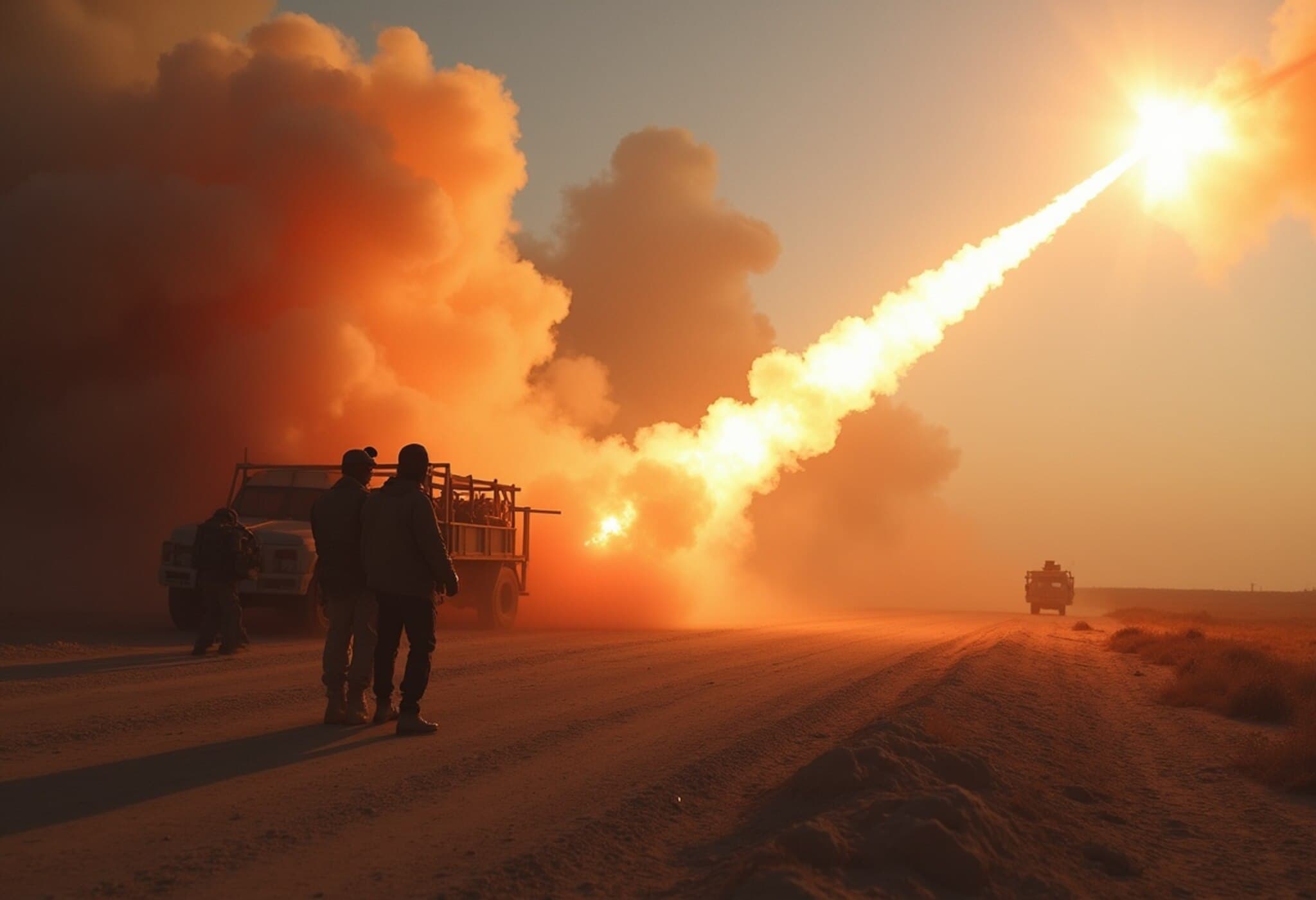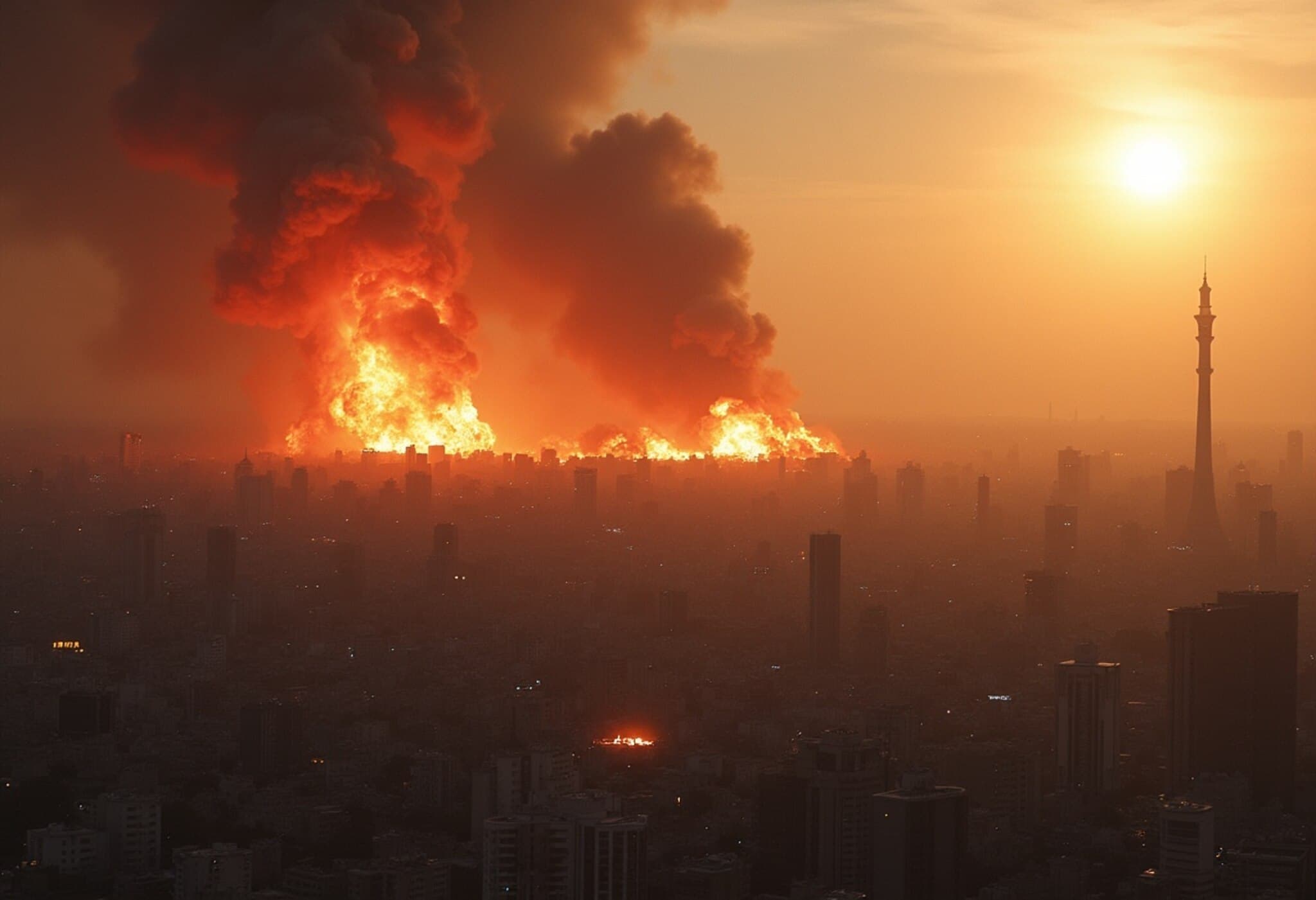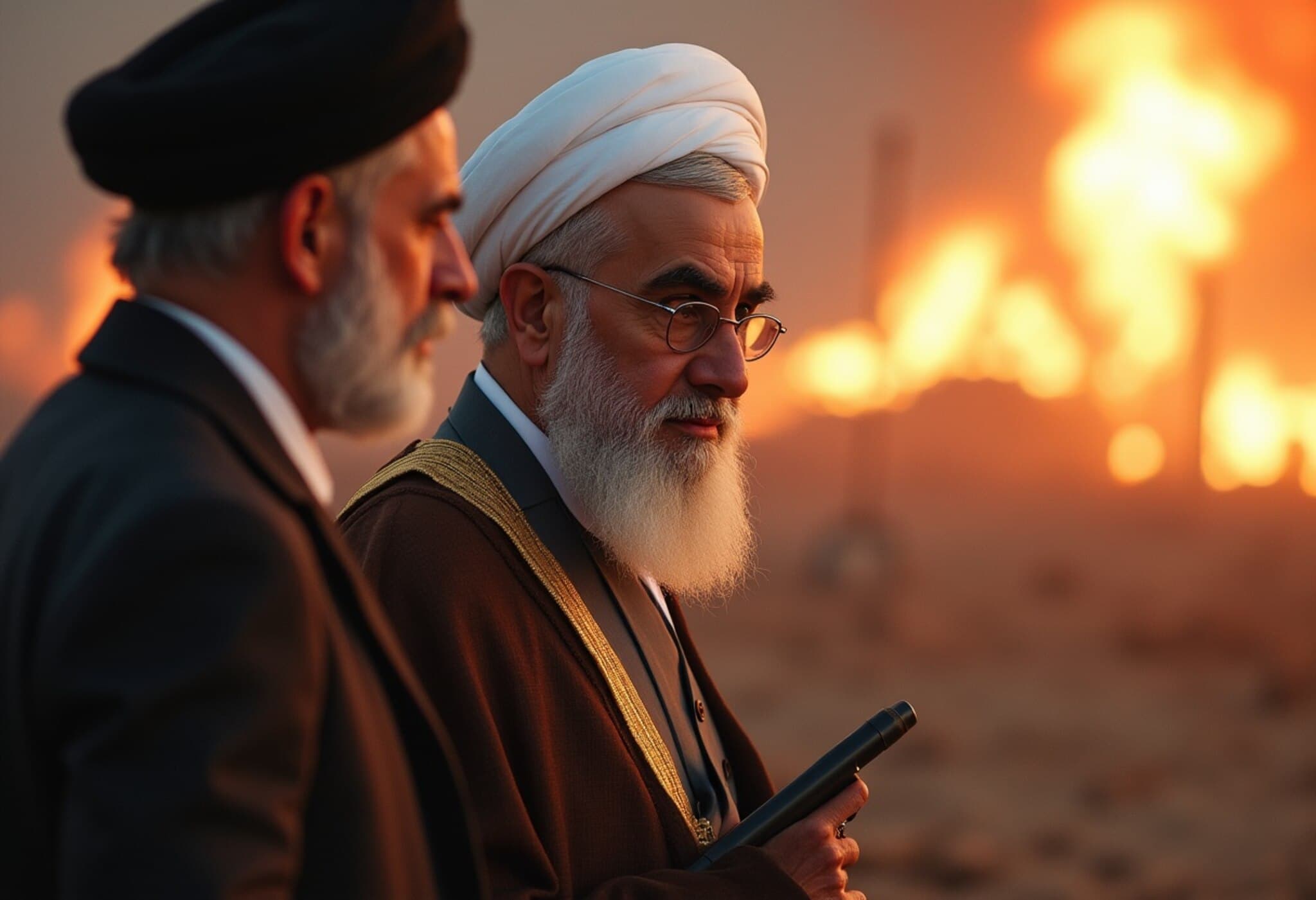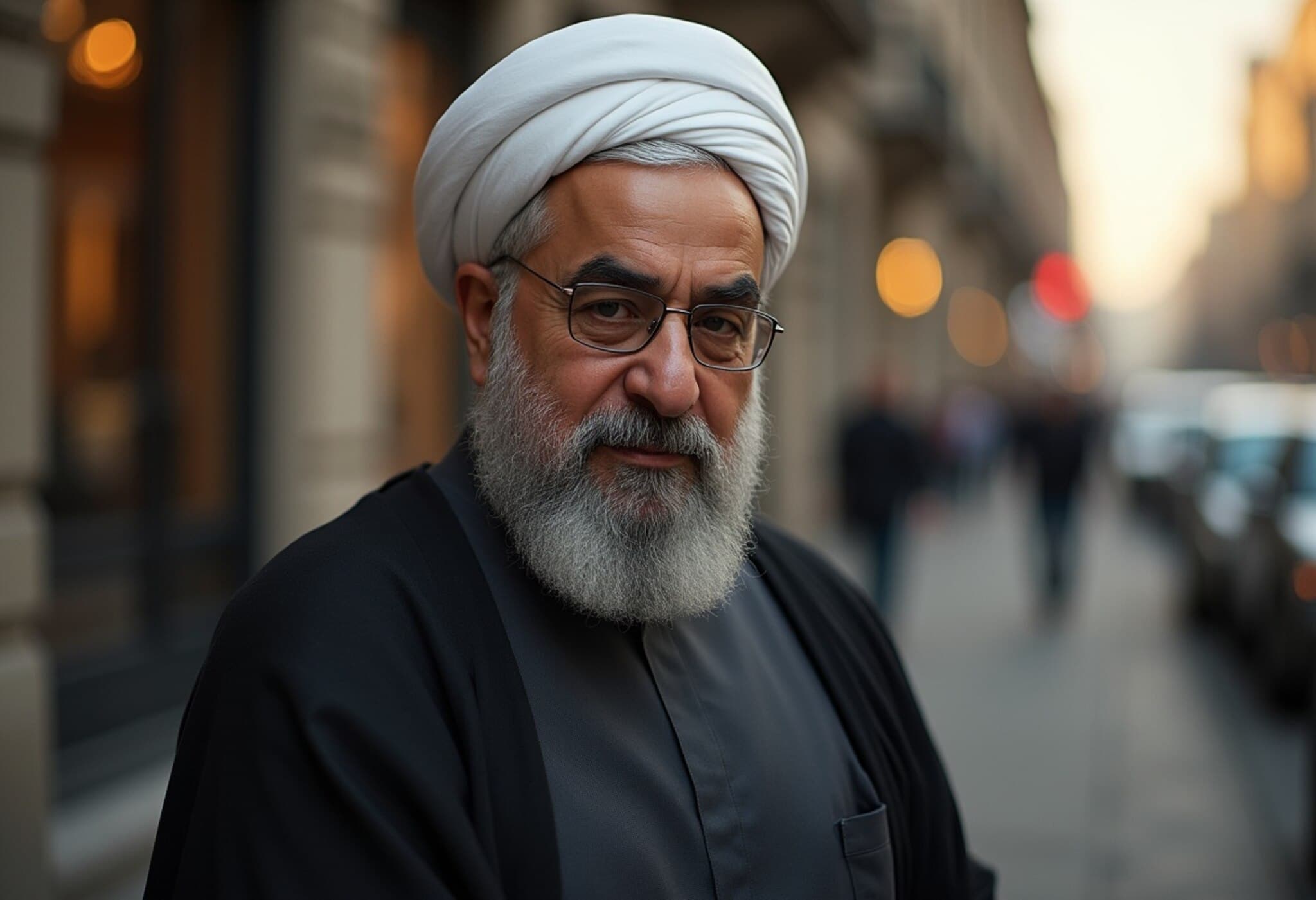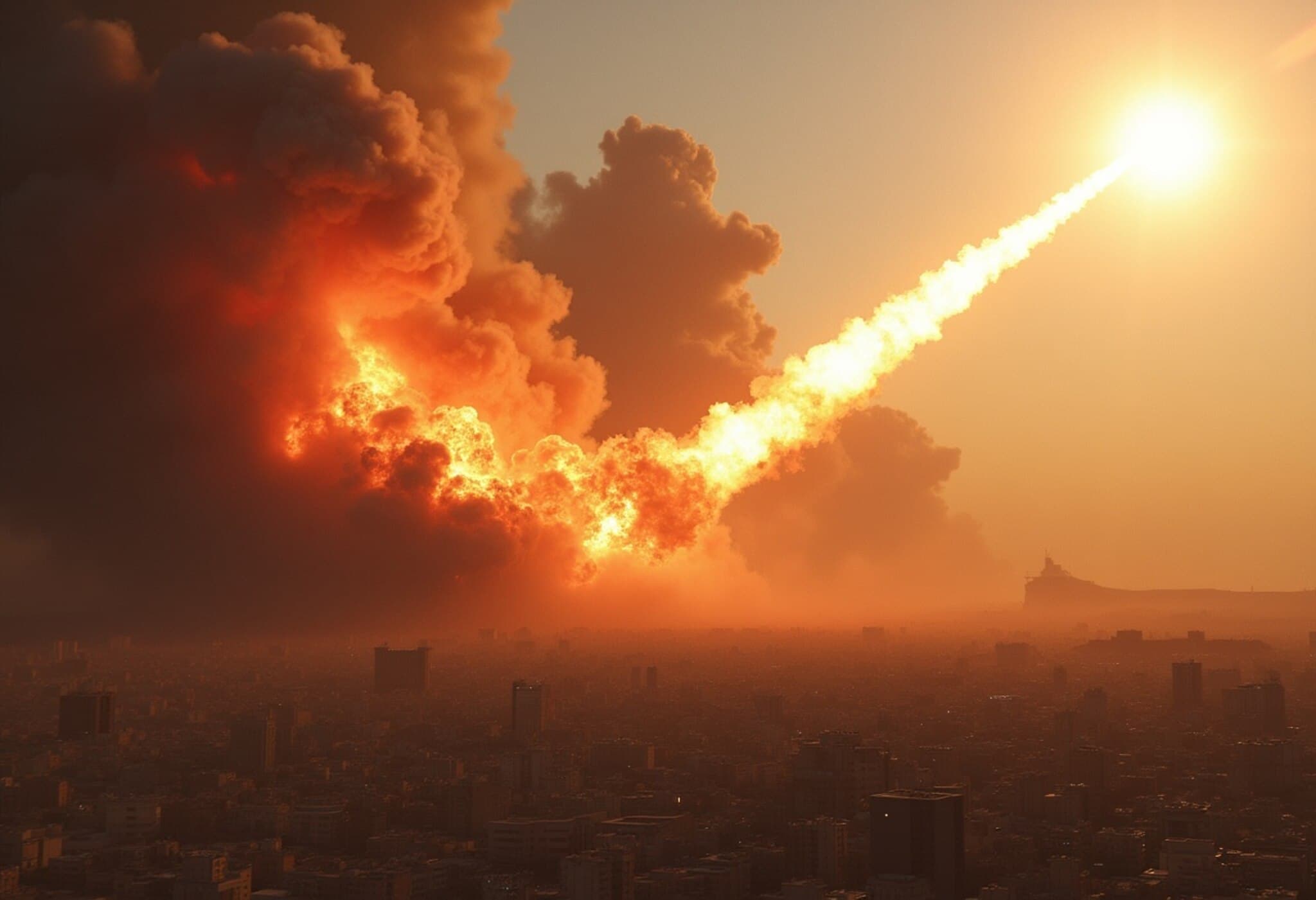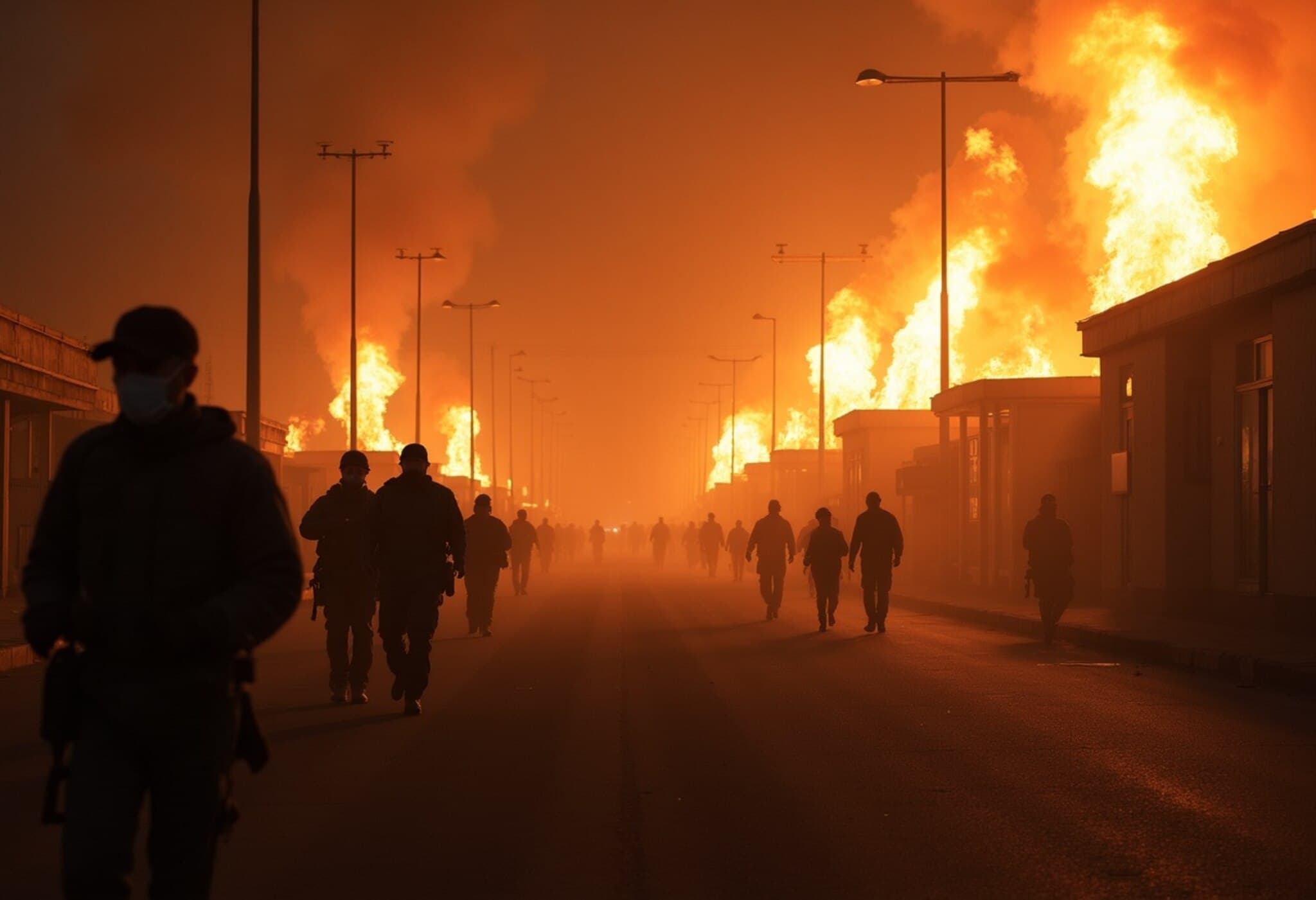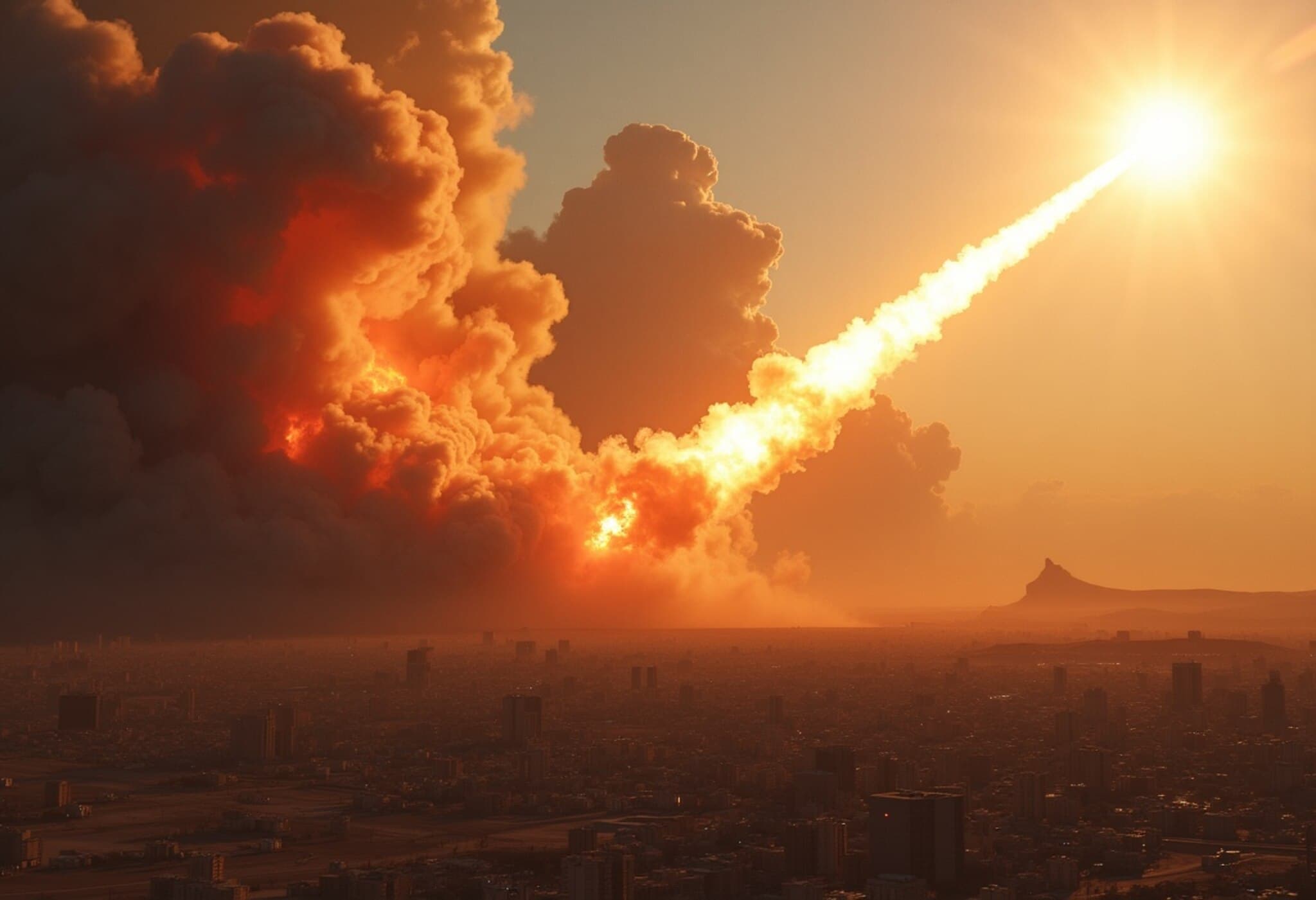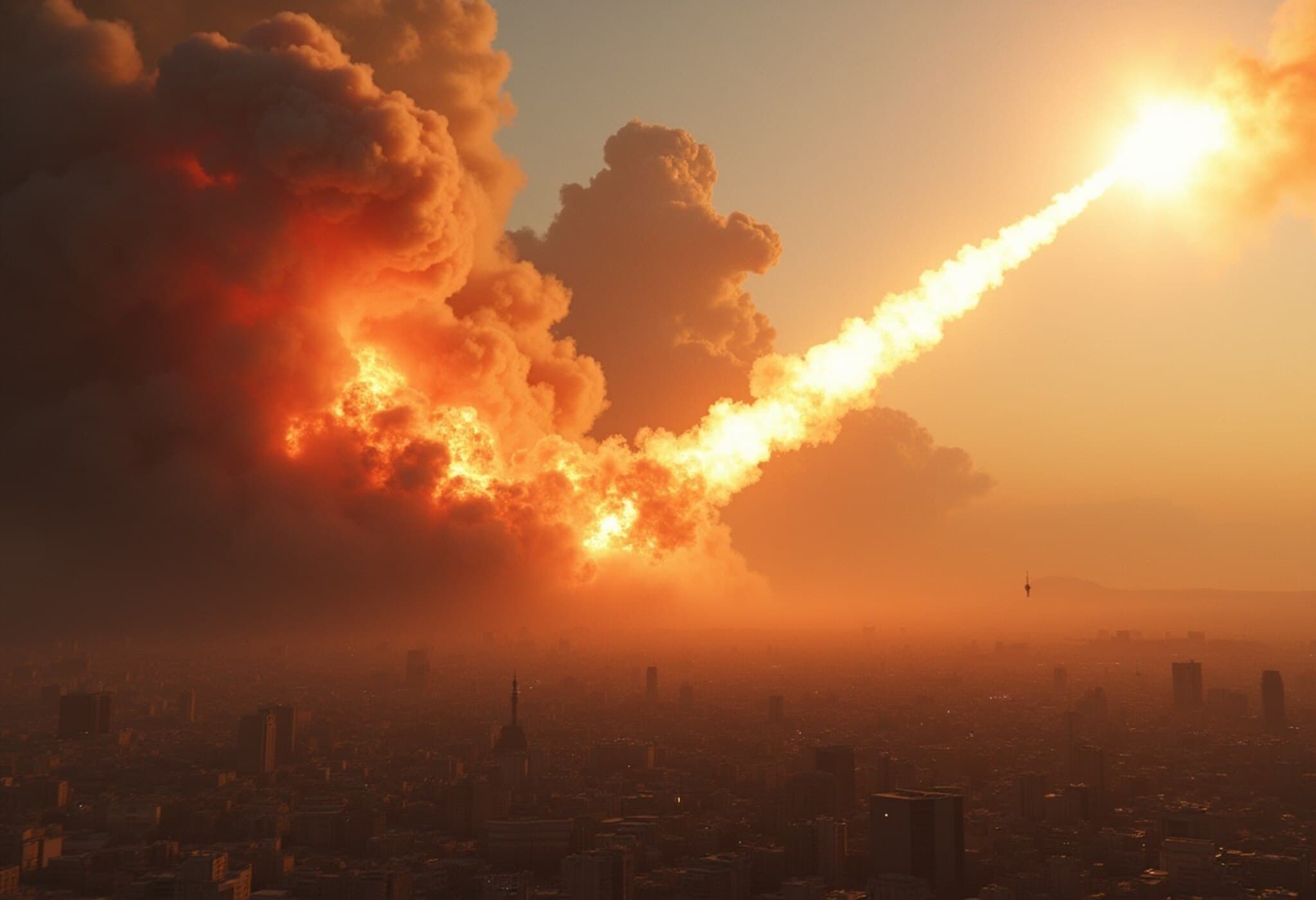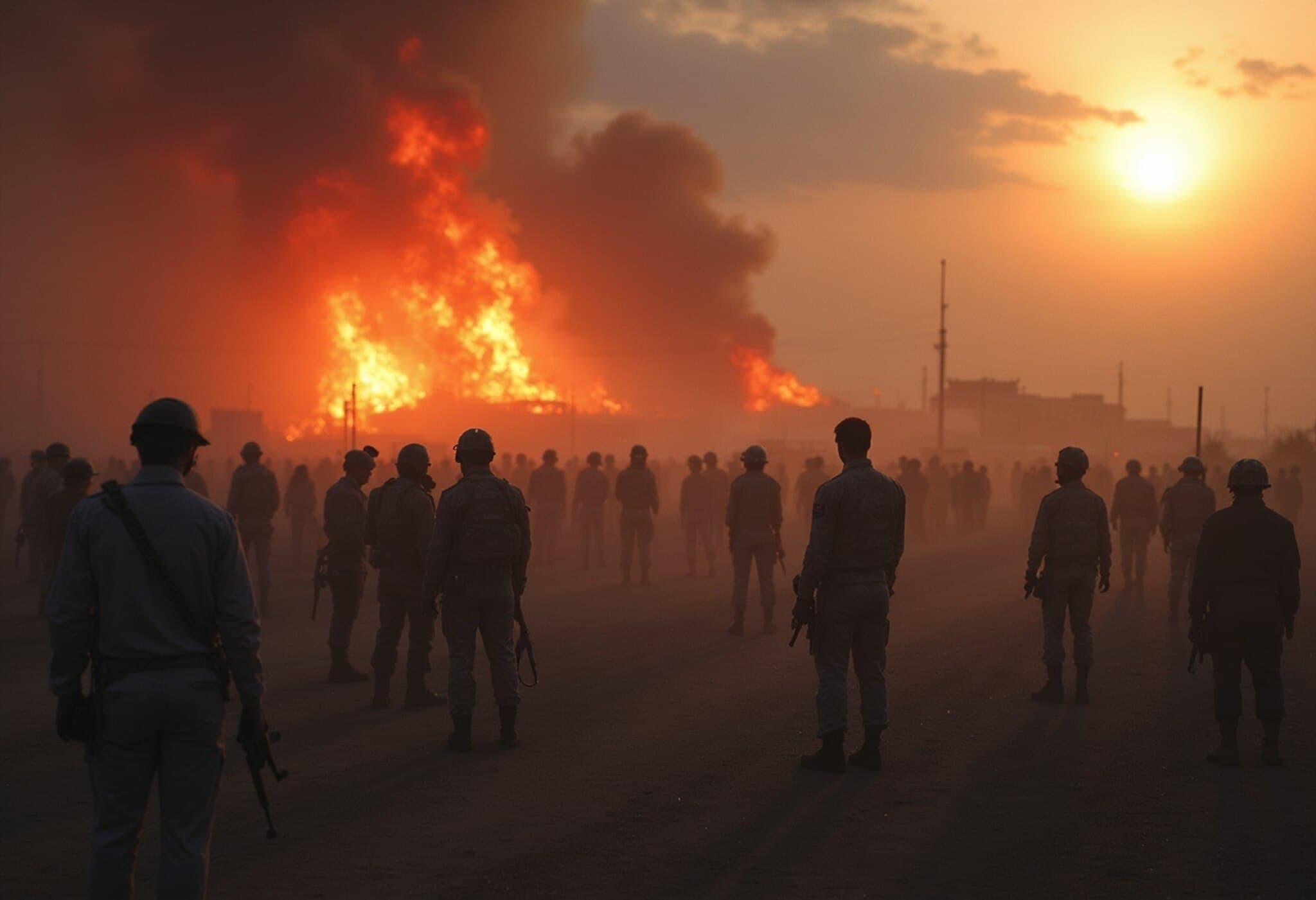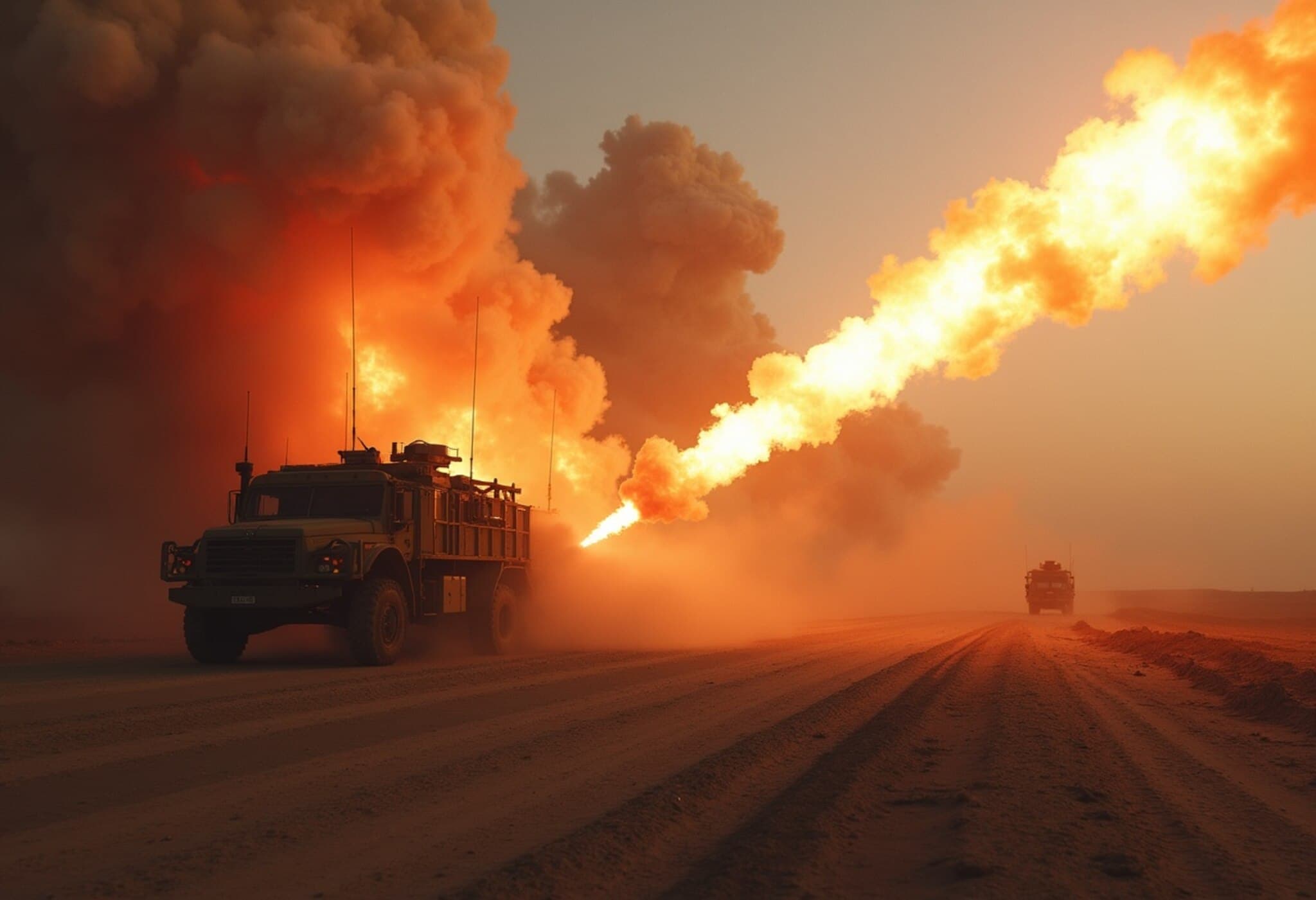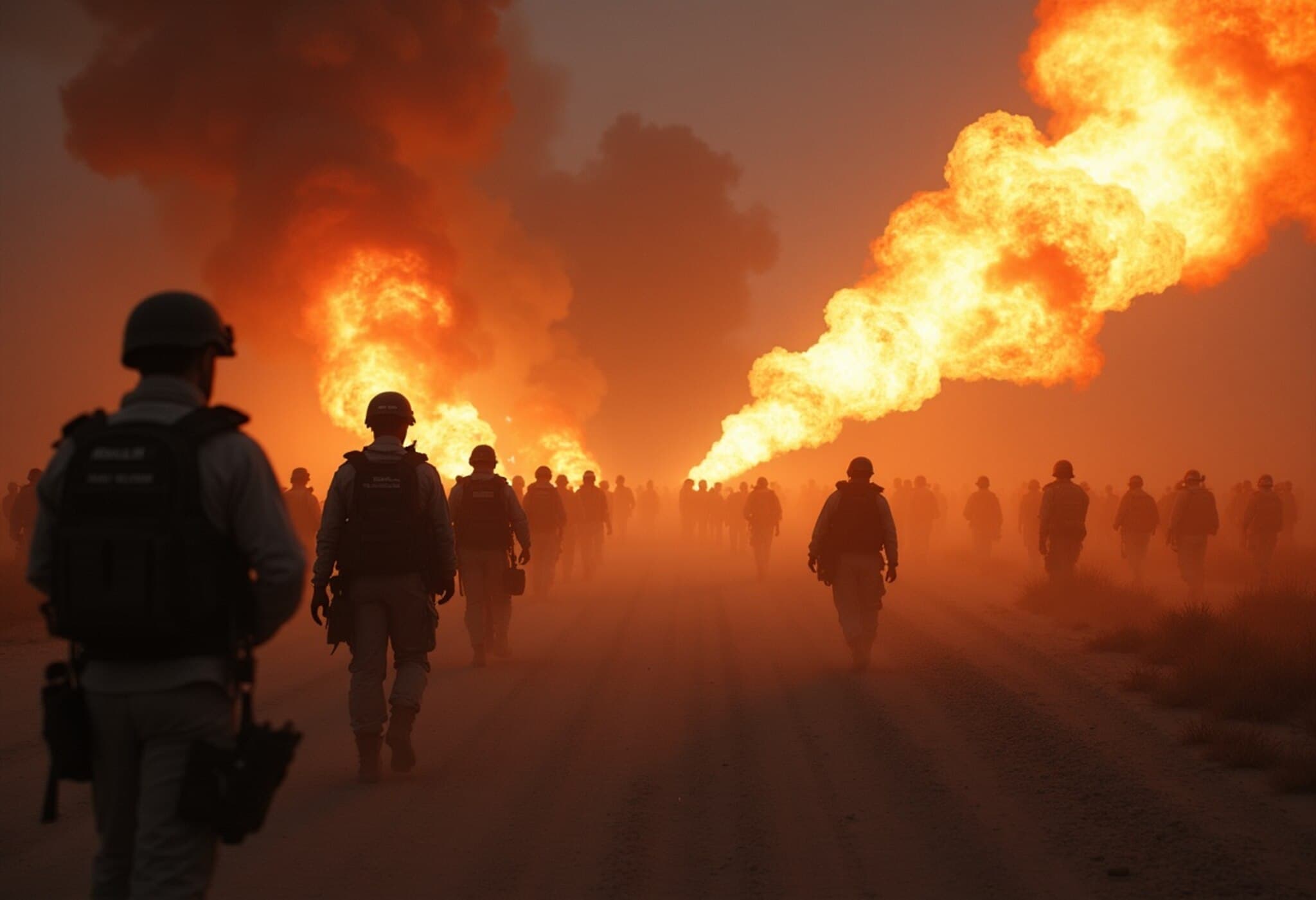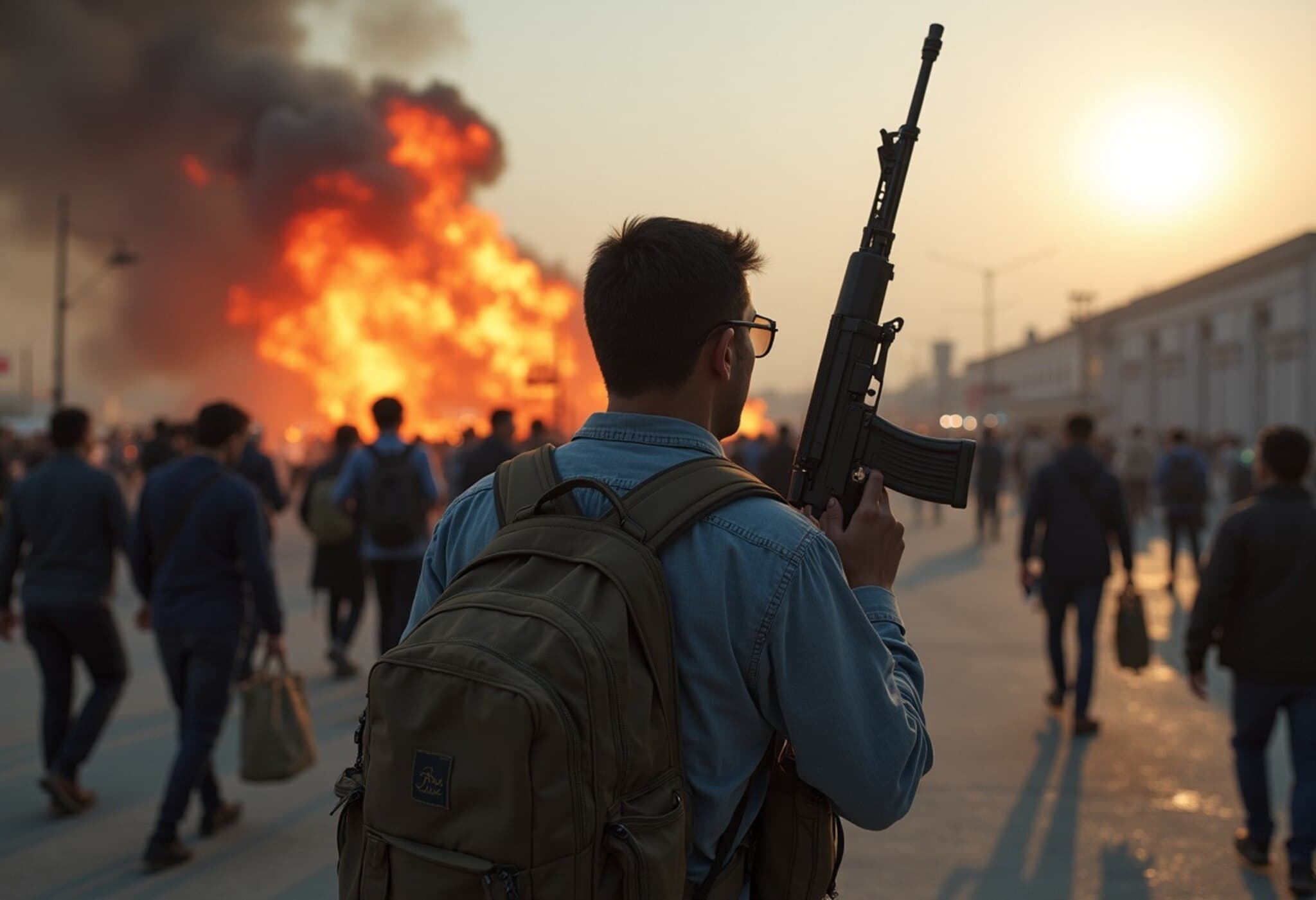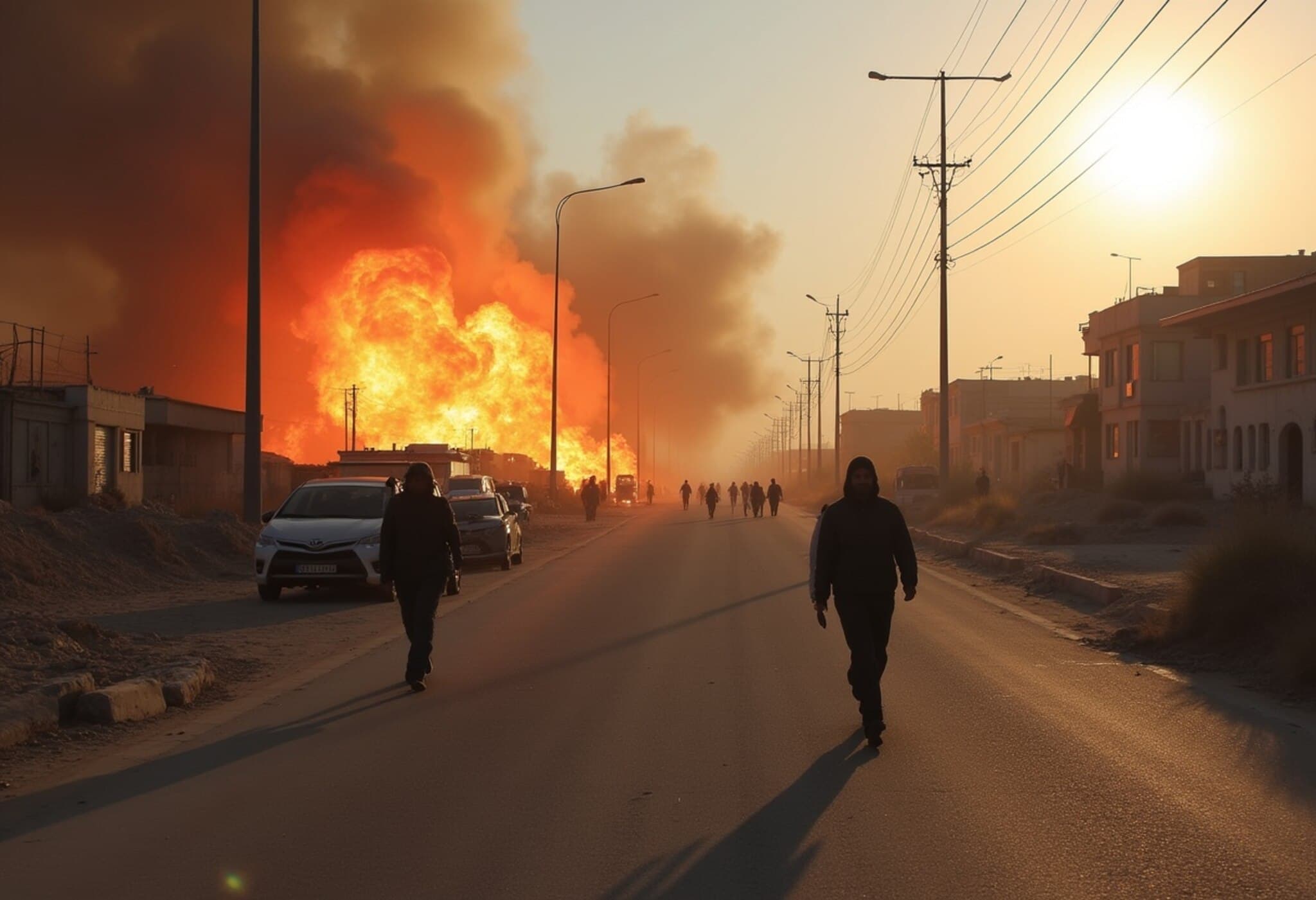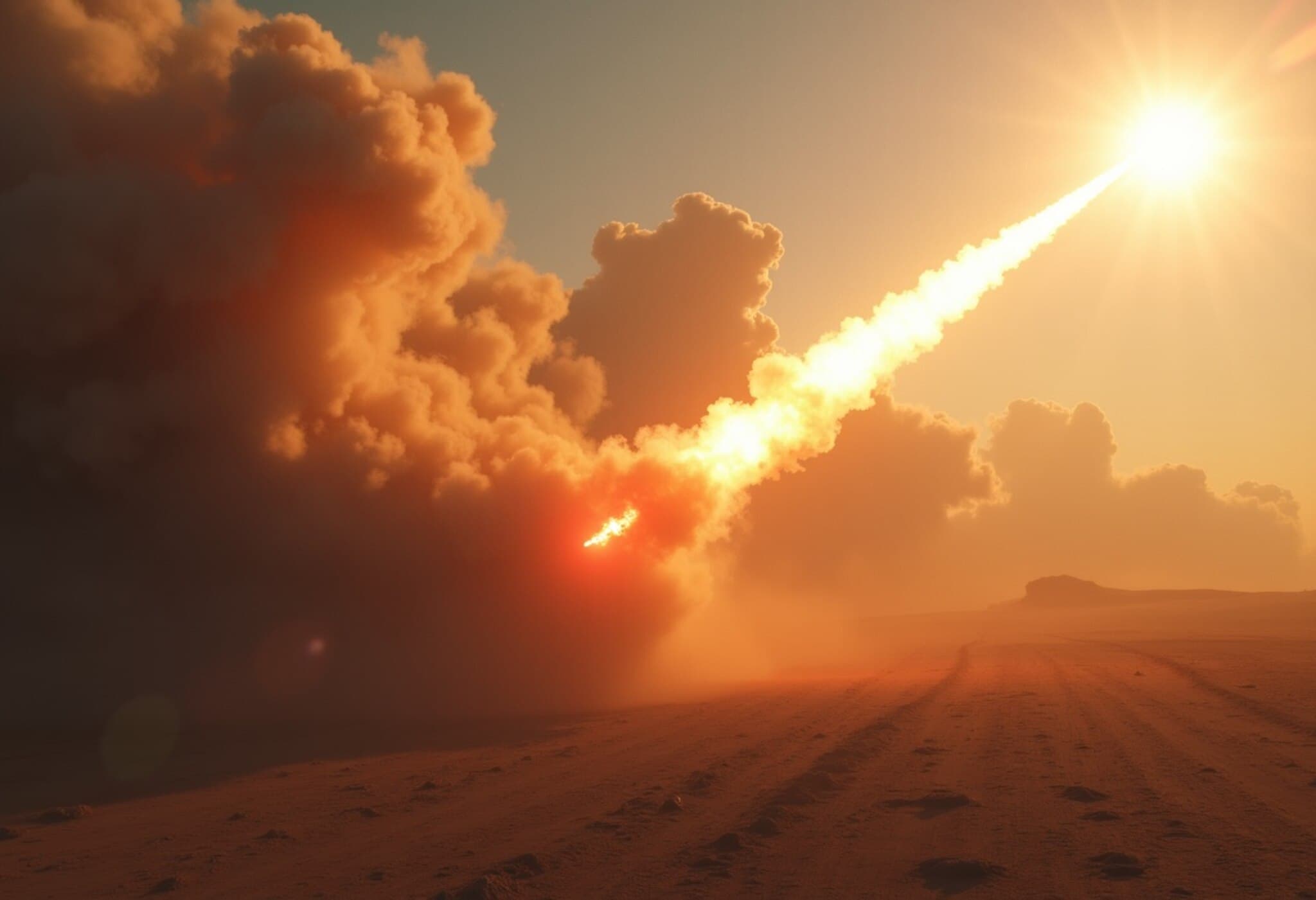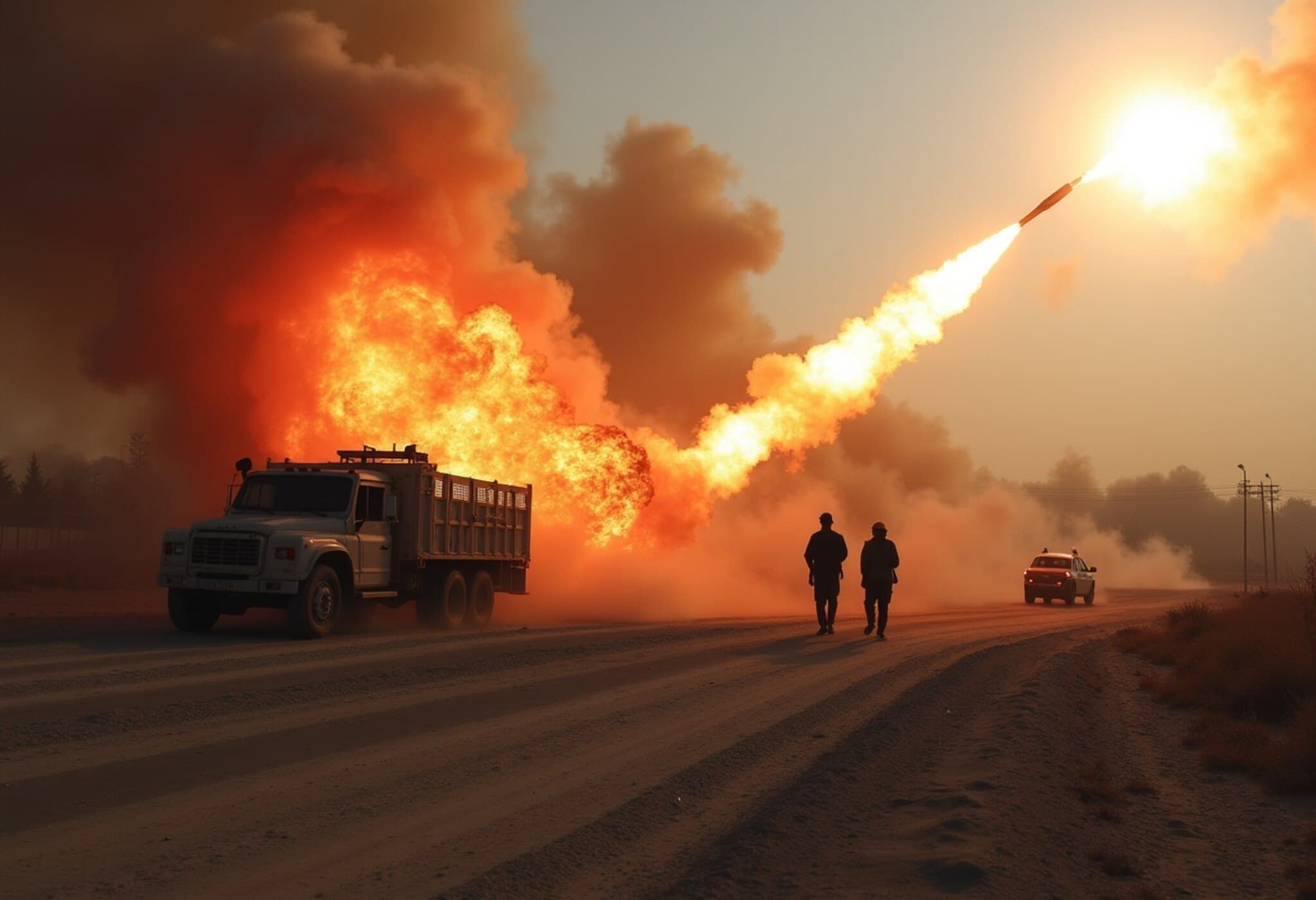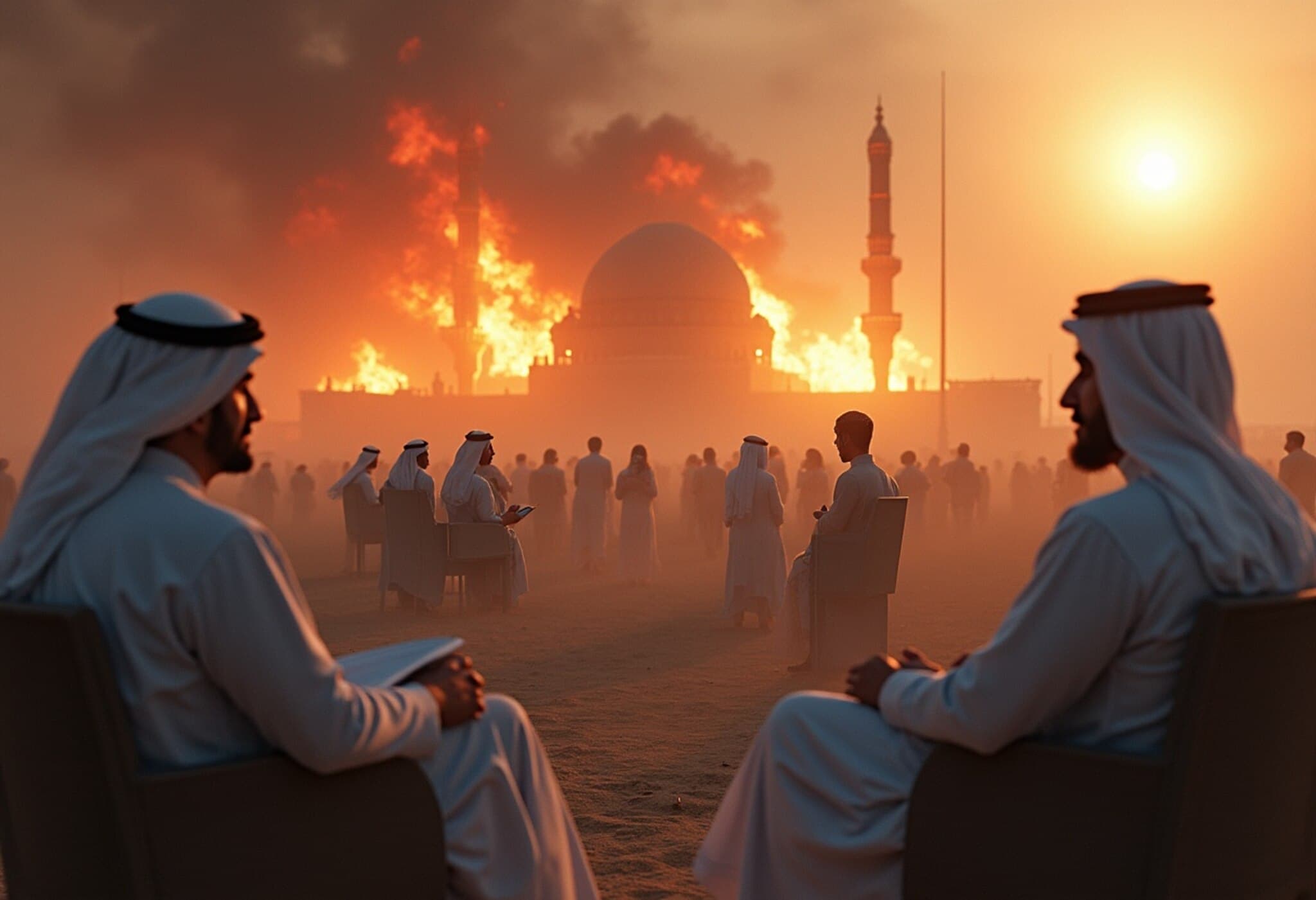Missile Barrage from Iran Marks Fourth Day of Escalation
On the fourth consecutive day of the ongoing conflict, Israel came under missile attack as sirens blared across its northern regions, warning civilians of an imminent threat from ballistic missiles launched by Iran.
Israel Defence Forces Confirm Incoming Missiles
The Israel Defence Forces (IDF) publicly acknowledged the missile launches via their official Telegram channel, stating, "A short while ago, the IDF identified missiles launched from Iran towards the territory of the State of Israel. Defensive systems are operating to intercept the threat."
Authorities urged citizens to take immediate shelter. The Home Front Command advised, "Upon receiving an alert, the public is instructed to enter a protected space and remain there until further notice. Exiting the protected space is only permitted following an explicit directive."
Rising Tensions and Retaliations Between Israel and Iran
The missile strikes represent Iran's response to a series of Israeli drone and missile attacks targeting Iran’s western border, which significantly damaged Iranian air defence capabilities. Israel justified these strikes by citing concerns over Iran's advancing nuclear program, which Tel Aviv and Washington consider a critical red line.
For the first time, Iran retaliated by targeting Israel's major cities, Tel Aviv and Jerusalem, signaling a perilous intensification in hostilities. Both nations have urged their populations to prepare for a long and arduous conflict, framing recent attacks as threats to their very existence.
Political Statements and Civilian Impact
In a provocative statement, Israel’s Prime Minister suggested that ending the conflict would require eliminating Iran's Supreme Leader, Ayatollah Ali Khamenei, a notion previously dismissed by the U.S. administration. This hardline stance reflects the deepening animosities between the two countries.
While Israel maintains that its operations focus on Iran's nuclear and defence infrastructure, Iranian strikes have included civilian sites. In retaliation, Israeli officials warned that Tehran might face similar offensives, although civilians are not the intended targets. Unfortunately, several Israeli missile strikes have also impacted civilian areas, resulting in casualties and injuries.
What to Expect Next
- Defensive missile interception systems remain active across northern Israel.
- Authorities continue to urge the public to follow safety protocols and official instructions closely.
- The conflict shows signs of prolonged engagement with increased risks to civilian populations on both sides.
As tensions continue to mount, both nations are entrenched in a high-stakes confrontation with far-reaching implications for regional stability.

